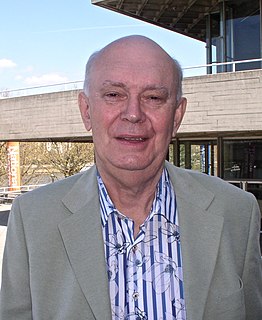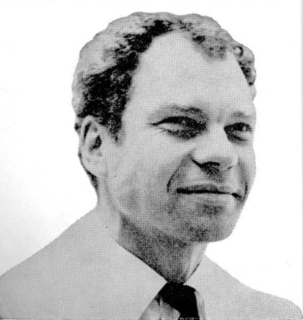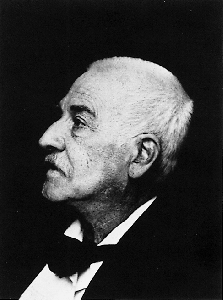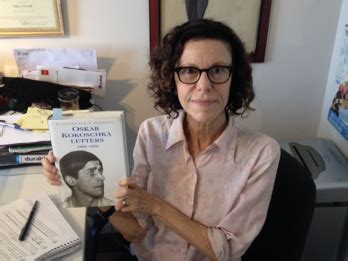A Quote by Jack Zipes
If there is one ‘constant’ in the structure and theme of the wonder tale, it is transformation.
Related Quotes
From a tale one expects a bit of wildness, of exaggeration and dramatic effect. The tale has no inherent concern with decorum, balance or harmony. ... A tale may not display a great deal of structural, psychological, or narrative sophistication, though it might possess all three, but it seldom takes its eye off its primary goal, the creation of a particular emotional state in its reader. Depending on the tale, that state could be wonder, amazement, shock, terror, anger, anxiety, melancholia, or the momentary frisson of horror.
It was one time when people thought the value of the fine structure constant was important. Now of course it's still important, of course, as a practical matter,but we now know that the value it has is a function, that in any fundamental theory you derive the fine structure constant as a function of all sorts of mass ratios and so on and it's not really that fundamental.
The artist usually sets out -- or used to -- to point a moral and adorn a tale. The tale, however, points the other way, as a rule. Two blankly opposing morals, the artist's and the tale's. Never trust the artist. Trust the tale. The proper functions of a critic is to save the tale from the artist who created it.



































